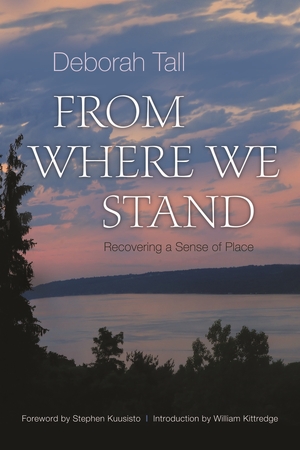"A small book with a big heart, entertaining and informative."—Edward Kanze, author of The World of John Burroughs
"Mary Hood extends an invitation, 'Join me now in walking.' By all means, accept her invitation. She is the perfect walking companion: a combination botanist, biologist, poet, historian, humorist, conservationist, and grand storyteller."—Margaret Kasper Reed, author of Lament’s Grocery: Poetry of Elmira
"With a naturalist’s eye and a poet’s heart, Mary Hood re-animates a sense of place in Walking Seasonal Roads."—Edward A. Dougherty, author of Pilgrimage to a Gingko Tree
"Through natural, literary, and personal history she creates a deep sense of place and calls forth our responsibility for sustaining it."—Robin Wall Kimmerer, author of Gathering Moss: A Natural and Cultural History of Mosses
Description
Seasonal roads are defined as one-lane dirt roads not maintained during the winter. They function as connectors linking farmers to their fields, neighbors to neighbors, or two more well-traveled roads to each other. Some access hunting lands and recreational areas. Some pass by cemeteries, allowing people to visit and honor their dead. They can be abandoned as people move and towns fade. In every incarnation, the seasonal road touches the land in a gentler way than do other roads.
Having traveled nearly every seasonal road in Steuben County, New York, Hood finds they provide the ideal vantage to contemplate the meaning of place, offering intimate contact with plant and wildlife and the beauty of a rural landscape. Each road reveals how our land is used, how our land is protected, and how environmental factors have impacted the land. As a literary naturalist, Hood reflects on endangered species and invasive species, as well as on issues of conservation and sustainability. From state forests to potato fields, from development along Keuka Lake to vineyards, from old family cemeteries to logging sites, Walking Seasonal Roads is a celebration and an honoring of the rural and the regionalism of place, illustrating the ways we connect to our home and to each other.
About the Author
Mary A. Hood is professor emerita at the University of West Florida. She is the author of The Strangler Fig and Other Tales: Field Notes of a Conservationist and Rivertime: Ecotravel on the World’s Rivers. In addition, she has published several collections of poetry, general articles on conservation and the environment, and numerous scientific articles in the field of microbial ecology.
5.5 x 8.5, 192 pages, 9 black and white illustrations
May 2012




